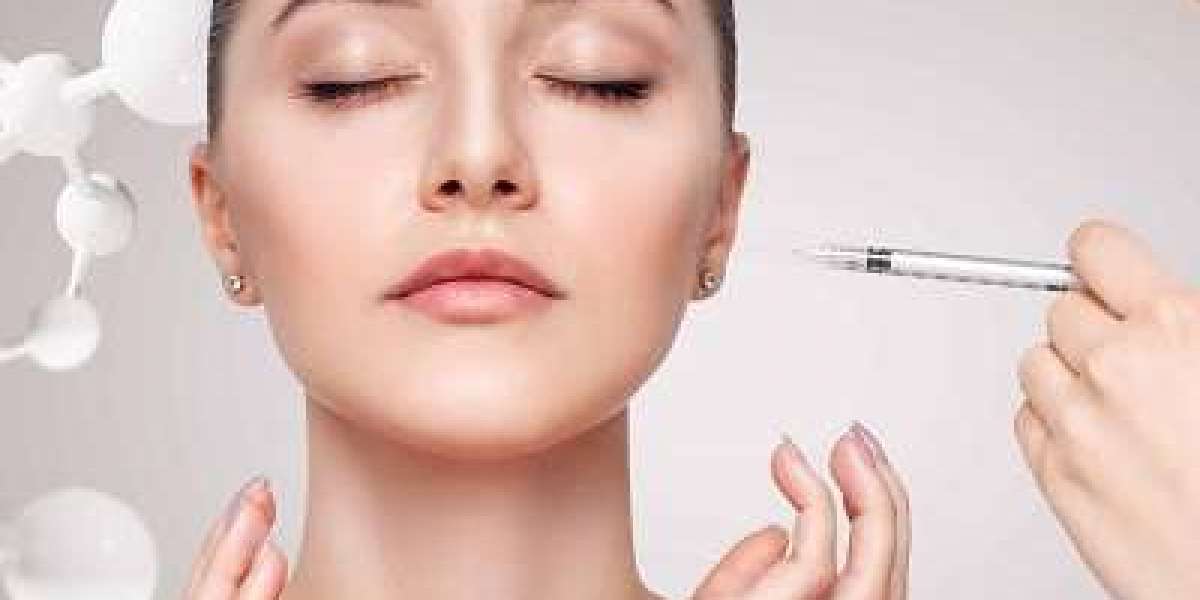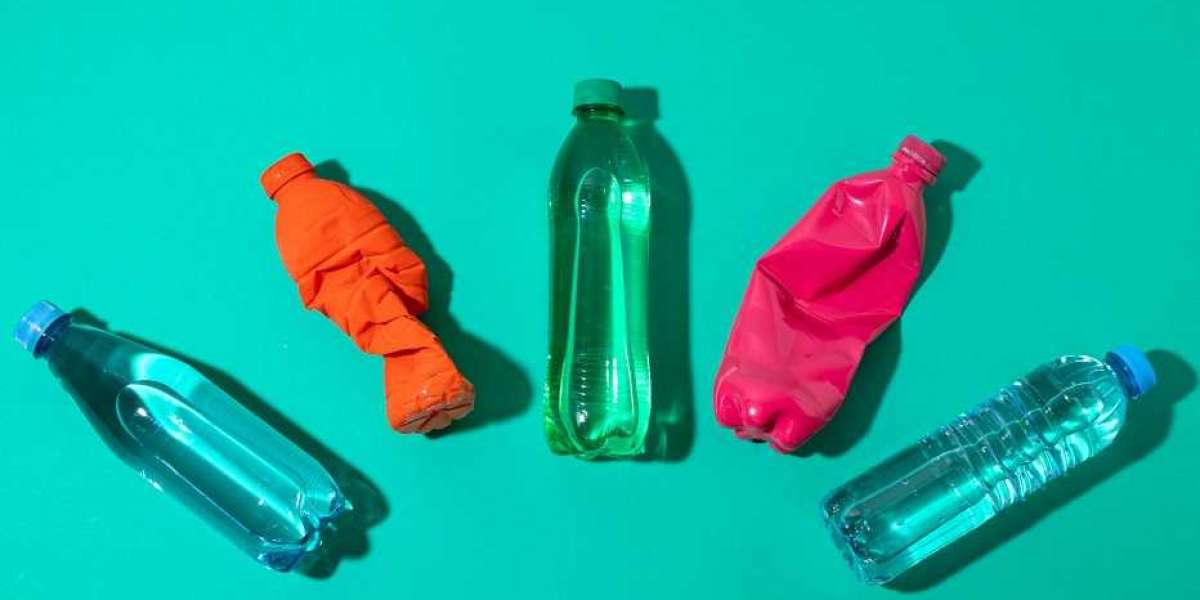Dermal fillers have become a common cosmetic treatment for those seeking to enhance their facial features, reduce wrinkles, and maintain a youthful appearance. However, for Muslims considering this treatment, an important question arises: Are dermal fillers haram? Understanding whether or not a particular cosmetic treatment aligns with Islamic principles involves evaluating various factors, including the intent behind the procedure, the materials used, and the potential harm or benefit to the body. This blog will explore these factors in detail to help provide clarity on the permissibility of dermal fillers in Islam.
Understanding Dermal Fillers:
Dermal fillers in Islamabad are injectable substances used to restore lost volume, smooth out wrinkles, and enhance facial features like the lips, cheeks, or chin. Commonly used fillers include hyaluronic acid (a naturally occurring substance in the body), calcium hydroxylapatite, and other synthetic materials. The effects of fillers are temporary, typically lasting between 6 to 18 months depending on the type of filler and the area treated.
While the procedure is minimally invasive, it still involves altering one's physical appearance, which is where Islamic ethical considerations come into play.
Islamic Perspectives on Cosmetic Procedures:
In Islam, altering the body is generally discouraged unless it is done for health-related reasons or to correct a deformity. The Prophet Muhammad (peace be upon him) advised Muslims to refrain from unnecessary changes to their physical appearance, as this can be seen as tampering with Allah’s creation. However, this does not mean all cosmetic procedures are automatically considered haram. Several factors need to be considered:
1. Intent and Necessity:
The intent behind undergoing a cosmetic procedure plays a significant role in determining its permissibility. If dermal fillers are used to correct a physical deformity or address a health issue (e.g., facial asymmetry caused by injury), many scholars would argue that such a procedure can be permissible or even recommended. In cases where the treatment improves a person’s psychological well-being by addressing significant physical concerns, there may also be a leniency in the ruling.
However, if dermal fillers are sought solely for vanity or to chase superficial standards of beauty, without any genuine need, then the procedure might be considered haram. Islam emphasizes modesty and discourages excessive focus on outward appearances, especially when it leads to arrogance or dissatisfaction with one's natural features.
2. Use of Safe and Permissible Materials:
Another important consideration is whether the materials used in dermal fillers are halal or haram. Some fillers are derived from animal sources, which may include ingredients that are not permissible under Islamic dietary laws. For example, if the filler contains ingredients derived from non-halal animals or pork by-products, this would make the procedure haram, as it involves the introduction of impure substances into the body.
Fortunately, many of the modern fillers, such as hyaluronic acid, are synthetically produced or derived from halal sources. It is always important to inquire about the ingredients of any filler to ensure it complies with Islamic law. If the ingredients are halal and the procedure is safe, this could make the treatment permissible in certain circumstances.
3. Harm or Benefit to the Body:
Islamic law strongly emphasizes the importance of protecting the body from harm. The Prophet Muhammad (peace be upon him) instructed Muslims to avoid procedures that may cause harm or lead to long-term negative effects. For this reason, any medical or cosmetic procedure should be thoroughly evaluated for its safety before being undertaken.
Dermal fillers are generally considered safe when performed by qualified professionals, but as with any medical treatment, there are risks involved. Potential side effects include allergic reactions, infection, or, in rare cases, tissue damage. If a procedure carries a high risk of harm, it could be deemed haram in Islam. On the other hand, if the procedure is safe and provides a benefit, such as improved self-esteem, it may be permissible.
Differing Opinions Among Scholars:
Islamic scholars hold various opinions on the permissibility of cosmetic treatments, including dermal fillers. Some scholars adopt a more conservative approach, considering most elective cosmetic procedures haram unless they are medically necessary. They argue that altering one’s appearance for purely cosmetic reasons constitutes vanity and goes against the principle of accepting Allah’s creation.
Other scholars, however, adopt a more lenient stance, suggesting that if a procedure is done within limits and does not lead to harm, it can be permissible. For example, procedures that restore or enhance one's natural appearance without drastically changing the individual’s features might be allowed, particularly if it helps the person feel more comfortable in their own skin.
Ultimately, the permissibility of dermal fillers comes down to individual circumstances, intentions, and the guidance of a qualified Islamic scholar.
Conclusion:
So, are dermal fillers haram? The answer is not black and white. The permissibility of dermal fillers in Islam largely depends on the intent behind the procedure, the materials used, and whether the treatment poses any harm to the body. If dermal fillers are used to correct a physical issue, involve halal ingredients, and are performed safely, they may be permissible in some cases. However, if they are used solely for vanity or involve haram substances, the procedure would be considered impermissible.
Muslims considering dermal fillers should consult a knowledgeable scholar for personalized advice, ensuring their decision aligns with Islamic principles while addressing their personal needs.








